Over the last few days, we’ve reported about Project xCloud first technical tests being conducted right at E3 2019, since Microsoft has made the streaming platform available for everyone after its media briefing. Reports have been mixed, perhaps due to the service still being in early stages, but it looks like rather solid overall.
Over the last few days, we’ve reported about Project xCloud first technical tests being conducted right at E3 2019, since Microsoft has made the streaming platform available for everyone after its media briefing. Reports have been mixed, perhaps due to the service still being in early stages, but it looks rather solid overall.
Ars Technica has just posted one more reports, where it claims that the xCloud platform has shown a “rather indistinguishable” delay when it came to handline Halo 5: Guardians. The outlet was quite surprised by the outcome on a Samsung Galaxy 9 smartphone, paired with an Xbox One controller right away.
“Video analysis of those hands-on tests shows response times via Wi-Fi that are practically indistinguishable from local gameplay—at least for a streaming version of Halo 5. For something as sensitive to latency as a first-person shooter, seeing is believing,” says the report.
“In our video tests, the time between tapping the A button and seeing a response on the smartphone screen took 16 frames of a 240fps video (or 67 milliseconds) across three subsequent tests. That’s almost imperceptibly slower than the 63ms (milliseconds) input latency Digital Foundry measured on the Xbox One version of Halo 5 in 2017 tests.”
On top of that, AT has also done a quick comparison with Google Stadia, which has shown a total latency of 166ms, compared to a low of 100ms on a 60fps PC back at March’s Game Developer Conference. That’s just the beginning of further testing and comparisons, but sure enough, xCloud looks like having a great tech under the hood.
Project xCloud is scheduled for an October release window, in the form of a public trial, when it will also allow you to turn your Xbox One into a data center of its own deploying remote play on your smart devices.


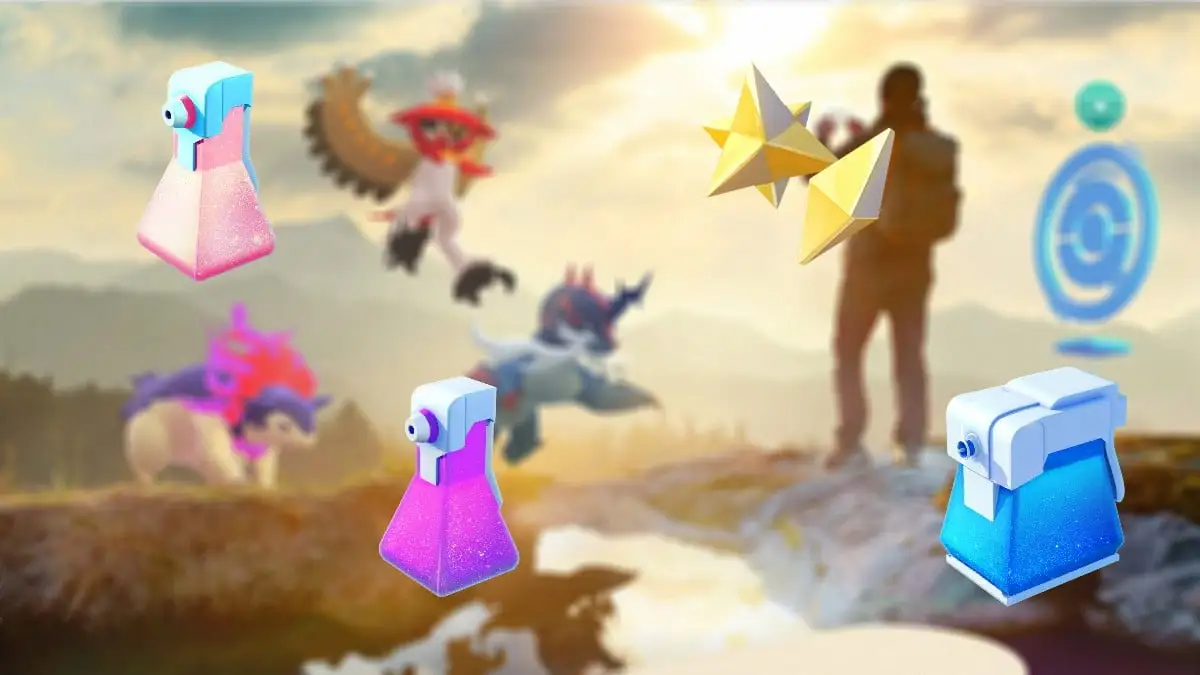
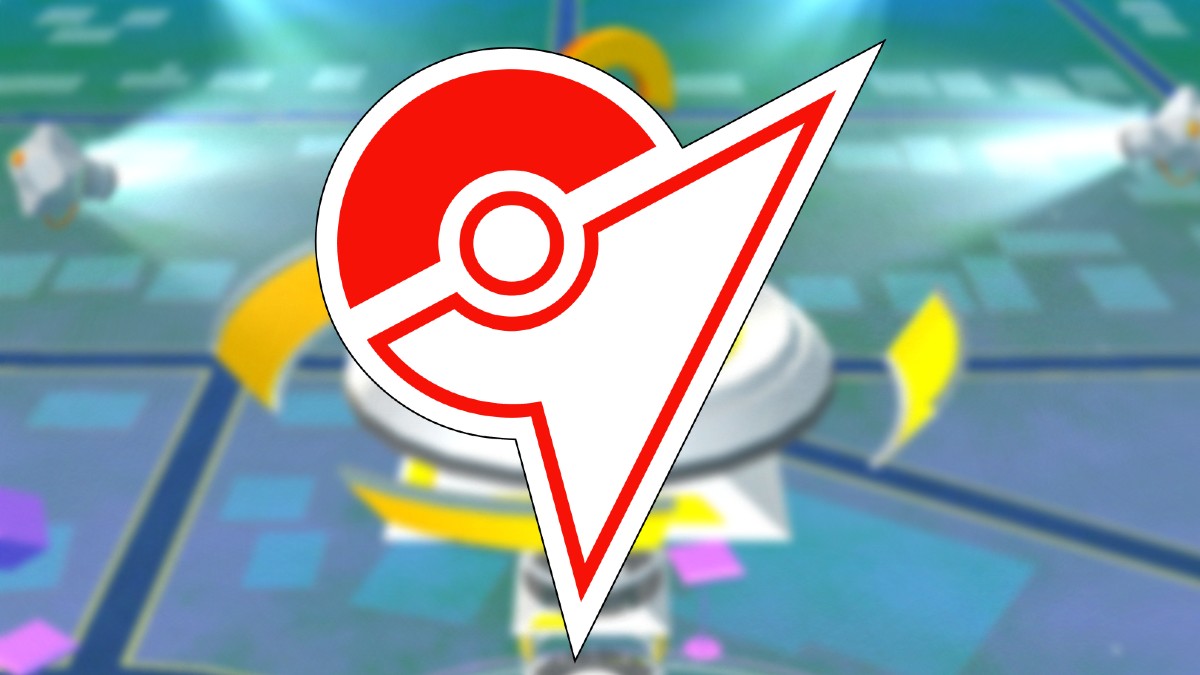

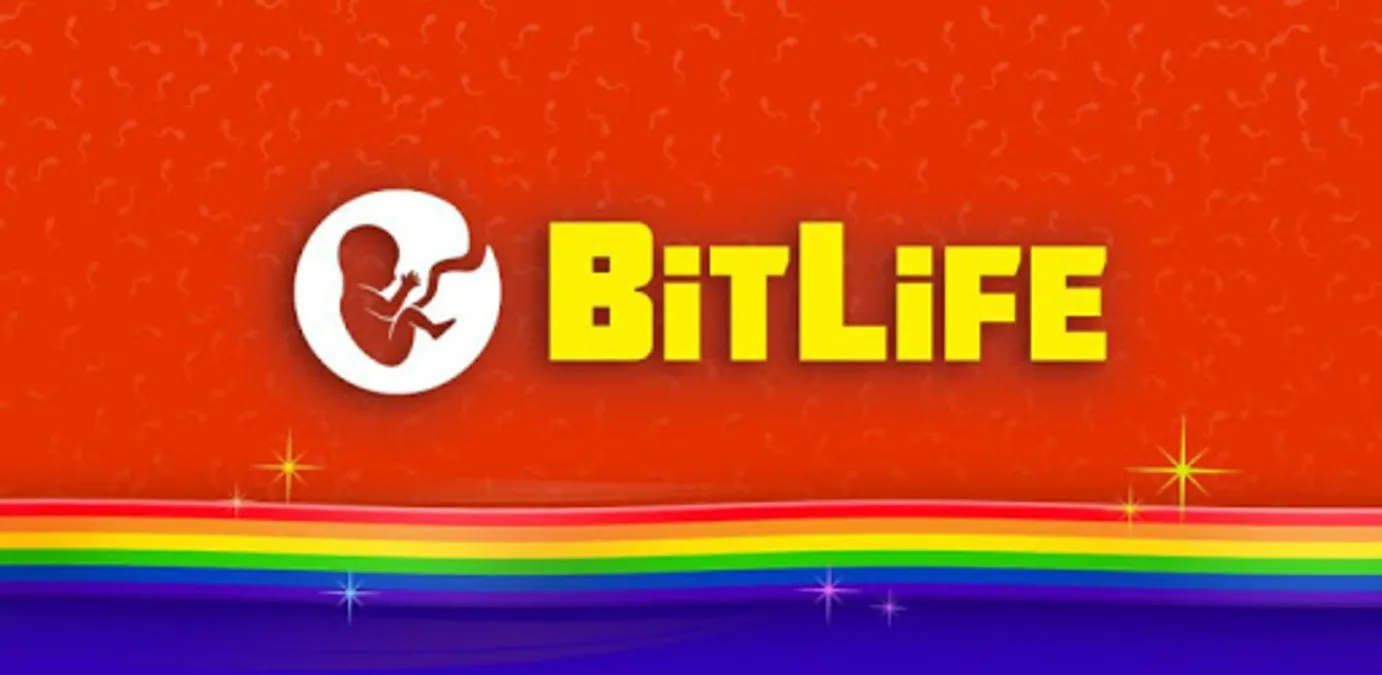
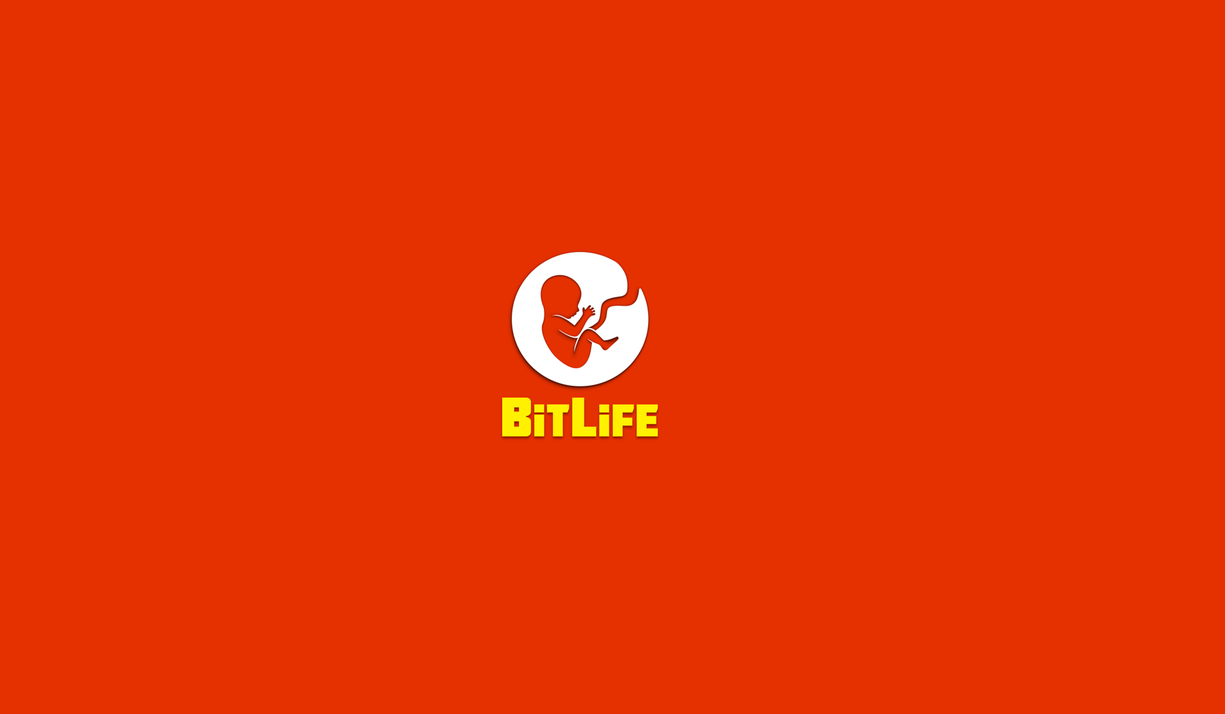
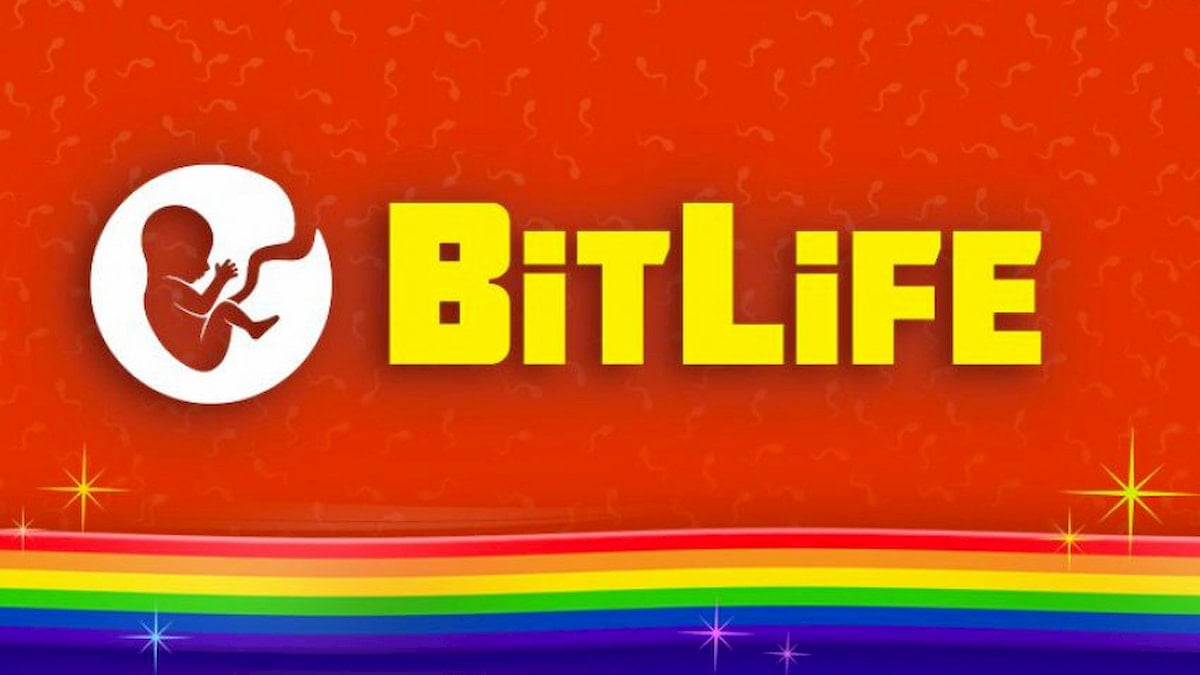
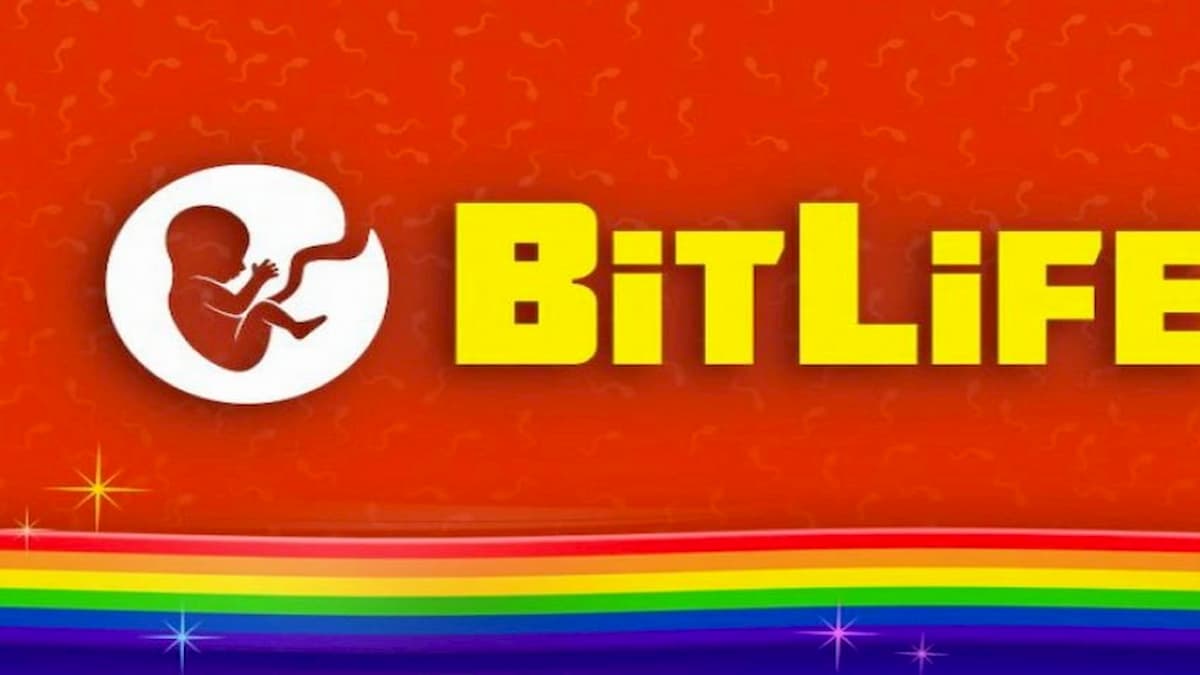
Published: Jun 11, 2019 01:01 pm